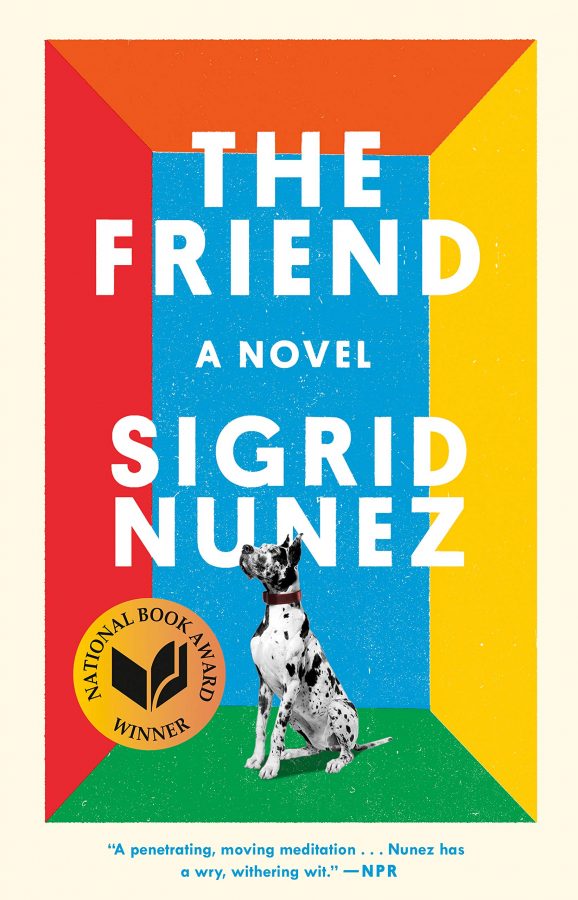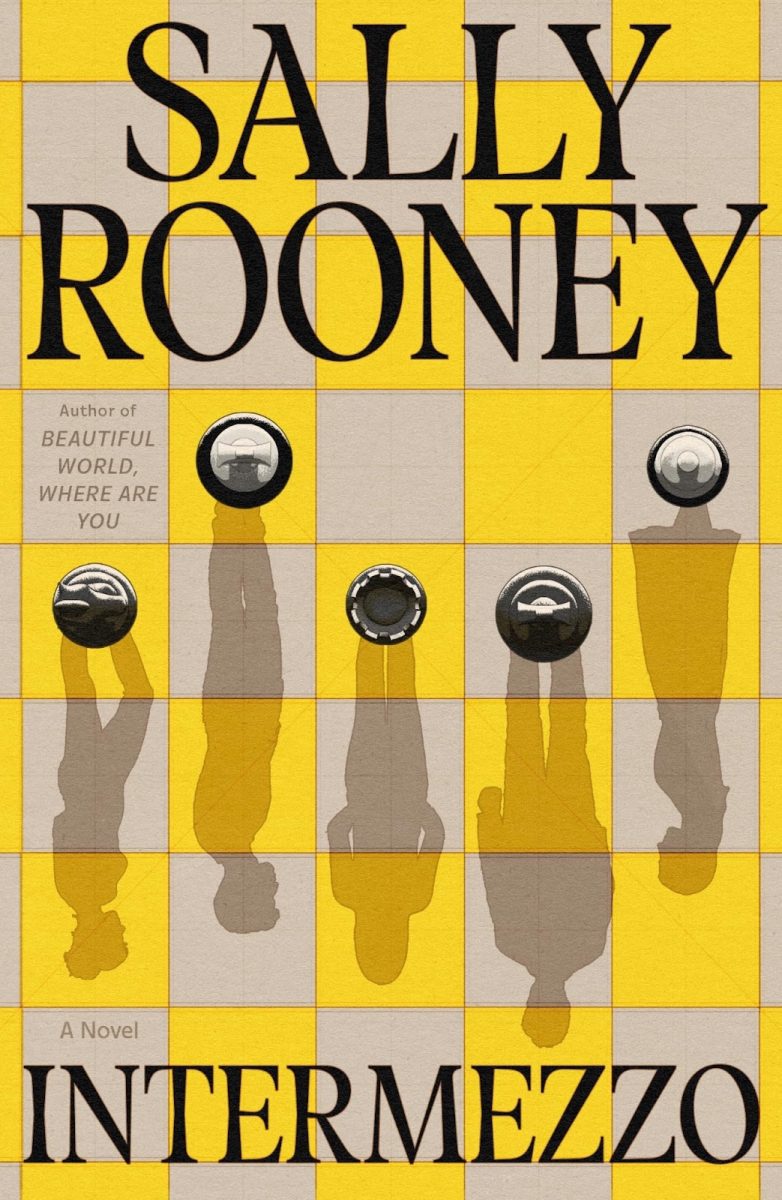The Friend by Sigrid Nunez, winner of the 2018 National Book Award, is an elegiac, probing and unapologetic masterpiece of modern fiction. Nunez’s eighth book, The Friend, is primarily a story about the attempts of a writer to deal with the sudden death of her longtime friend and writing mentor, complicated by the presence of his estranged Great Dane Apollo (the narrator remains unnamed). Aside from Apollo’s immediate threat to the protagonist’s tenure in her rent-stabilized New York City apartment, the narrator is also forced to care for an animal caught in the throes of mourning. As the novel moves along, the unlikely pair come to rely on each other more and more for their respective wellbeing. The two are forced to brave a world suddenly absent of their shared best friend and retreat into each other for consolation in their shared books (she reads aloud to Apollo, believing it soothes him) and walks.
The prose of The Friend is remarkable in its sparsity, poetic in its ambition. The novel only spans 200 pages, made even shorter by the ample space between paragraphs and page breaks between chapters. These absences let the writing breathe, giving the reader ample opportunity to reflect on the abundance of life within each paragraph. The Friend eschews traditional novel expectations at every turn, alternating between memoir and letter, fiction and nonfiction (one of Nunez’s friends passed during the writing of The Friend, leaving the irresistible temptation to read the novel as Nunez’s personal account of grief). It’s hard to pin the novel into any box, and its individuality yields it an undeniable sense of truth and authority. Nunez’s prowess as an author is present at every period, every word; she is an accomplished writer who is entirely in control of her narrative toolbox.
Though the majority of The Friend is focused on the relationship between dog and master during trying times, the novel also devotes significant attention to the current state of the literary world. Nunez says writing appealed to her because it was “something that she could do alone,” and this perspective comes through with the book’s unabashed cynicism regarding the field. She pulls no punches in attacking writers and the publishing industry at large, even going so far as to compare writers to vampires. It’s interesting to see how Nunez puts these thoughts into dialogue with the canine-human relationship that occupies most of the book, and both subjects are handled with grace and wit.
While The Friend is difficult to distill into a brief review, it is a revelatory literary experience for any lover of fiction, writing or dogs. It’s the sort of read that lingers with you even after the last word; it’s hard to keep either Apollo or his new, grieving master out of mind. Nunez has long been a hidden gem within the literary world and her break into relevance is a gift for any reader. The Friend is an absolute must-read for its scope, power and beauty.
















